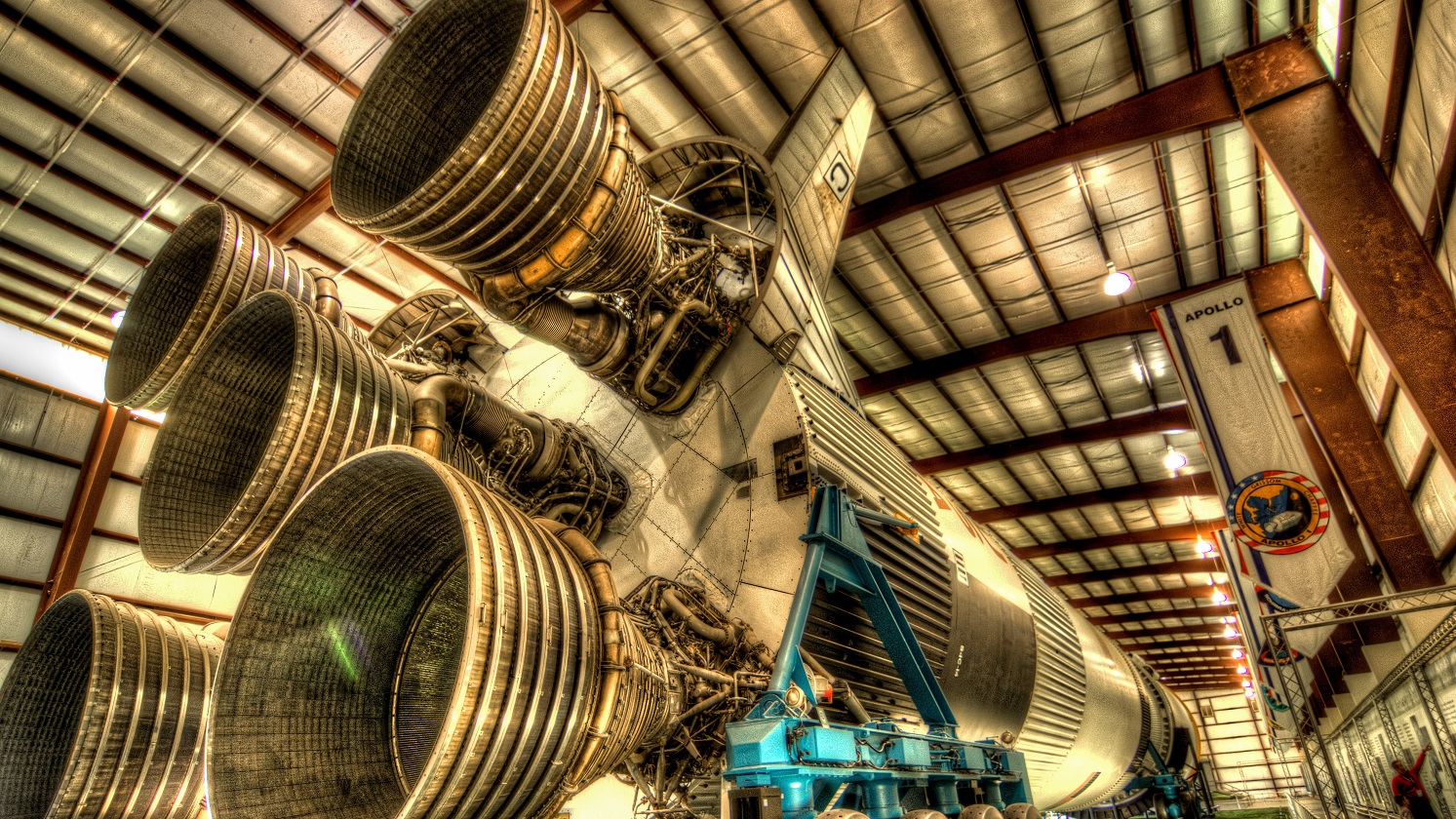Did you know that behind the United States and Soviet Union, Australia was just the third country to build and launch a satellite?
When the Federal Government pledged $41 million to Australia’s space agency in this year’s budget, many questioned whether it was too late for Australia to become a global space power.
But according to astrophysicist and cosmologist Dr Brad Tucker, Australia never truly exited the global space industry.
“There’s a lot of things that Australia has been doing,” he said in reference to the industry. “We have a space agency now but that doesn’t mean the space industry started on 1 July. It dates back more than 50 years.
“Things have changed over time but that doesn’t mean we can’t go back to being one of the space powers.
“We never left the game, we just took our own path.”
Dr Tucker spoke in Canberra on Tuesday as part of the 25th annual ACS Canberra Conference.
Although the agency has now been officially launched, Australia is still awaiting confirmation on where the space agency will be located.
Just this week the South Australian government allocated over $500,000 in its state budget to redevelop the former Royal Adelaide Hospital into a space innovation precinct, yet nothing has been confirmed by the new federal Australian Space Agency.
When asked his thoughts on where the agency’s permanent home should be, Tucker downplayed the importance of the decision.
“I think that’s the wrong question,” he explained. “We need to have a lean, efficient headquarters that has investment, because all the states have something to bring to the table.”
He gave the example of the NASA and the United States, reminding the audience that while we usually associate the Houston and Florida locations with the agency, NASA is in fact headquartered in Washington DC.
“We have a lot of technology and buildings here in Canberra, Western Australia has great robotics, South Australia does well for defence, even the Northern Territory is going to have a big role.
“I hope that all states and groups have multiple roles.”
Disrupting space
The rise of Elon Musk’s SpaceX and other privately-owned aerospace manufacturers is creating a change in how the sector is structured, he explained.
“Twenty years ago, it was 85% government, 15% private – it’s completely flipped now, with private every day becoming more and more important.”
And this increased privatisation is creating a culture of disruption that Tucker believes will not only change aerospace, but also how we do things on earth.
The mining of asteroids in space has the potential to unlock unforeseen wealth for whoever can pull if off, with asteroids containing high concentrations of valuable metals, such as gold and platinum.
Other metals are abundant too, Tucker highlighted, with one single asteroid able to provide earth with “literally decades worth of nickel.”
This potential jackpot is creating an arms race in and of itself, with six companies in the United States now attempting ‘astromining’, including one backed by $30 million of Google founder Larry Page’s personal money.
If someone were to successfully find a way to mine large quantities of these metals from asteroids and bring them back to earth, there would be serious ramifications for local metal industries.
But according to Tucker this wouldn’t be all bad.
“If you have a large resource of platinum, while the price might come down, the demand will soar.”










